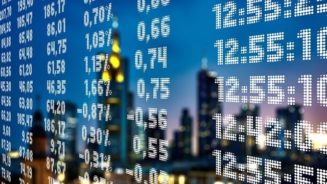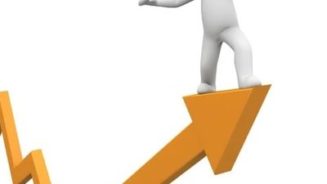Although the victory of the opinion-splitting real estate mogul was supposed to signal an early end to the nascent EM equity bull market, the asset class has carried on undeterred.
For Tim Love, the investment director responsible for GAM’s emerging markets equity strategies, Trump has materially helped his strategies, which are delivering around 2-3% alpha per annum.
The benefit of having an unpredictable and volatile figure in the White House, who has been known for “blipping the odd country off the map every now and again with his Twitter remarks”, is that the probability of finding cheap, quality stocks in EM economies increases, said Love.
“If Trump is directing his concern toward Korea or Mexico or a global sector play like climate change, the chances are that those quality stocks will be hurt and when they’re hurt it is giving you an entrance point.
“Trump has caused an element of volatility which has allowed me to realise a lot more alpha in a shorter period of time than I would have expected"
“But these stocks are quality nonetheless so they will come back when that negative effect abates or when his focus goes onto another country. And they will always rally.
“Trump has caused an element of volatility which has allowed me to realise a lot more alpha in a shorter period of time than I would have expected.
“There were lots of ups and downs that wouldn’t have otherwise occurred if you hadn’t had such a colourful president,” he noted.
While the asset class has not reached its post-financial crisis high from 2004, unlike its EM bond cousins, Love remains adamant that “EM should continue to outperform the developed world for the next one to three years.”
Furthermore, he has gone as far to suggest that it will be the only asset class to post meaningful positive real returns over the next seven years.
“This has got all the ingredients of being a melt-up as long as the global growth of the world continues, as long as the exit from quantitative easing is not violent and as long as there is no big risk out there.”
Disease risk
Surprisingly, the unknown variable in said equation is not geopolitics but disease.
“The unknown that can get through the defences of identifying quality, buying it cheap, buying it when the currency and the top down are cheap and diversifying a portfolio heavily is disease,” he explained.
“It is unpredictable, it will generally hit highly concentrated areas, primarily hit India and China and when it does it is nearly impossible to stop in the short to medium-term.
The ripple effects from disease mean it is not just a financial crisis, “it’s a real-world crisis.”
“That is 10 times spookier than any economic cycle,” said Love.





